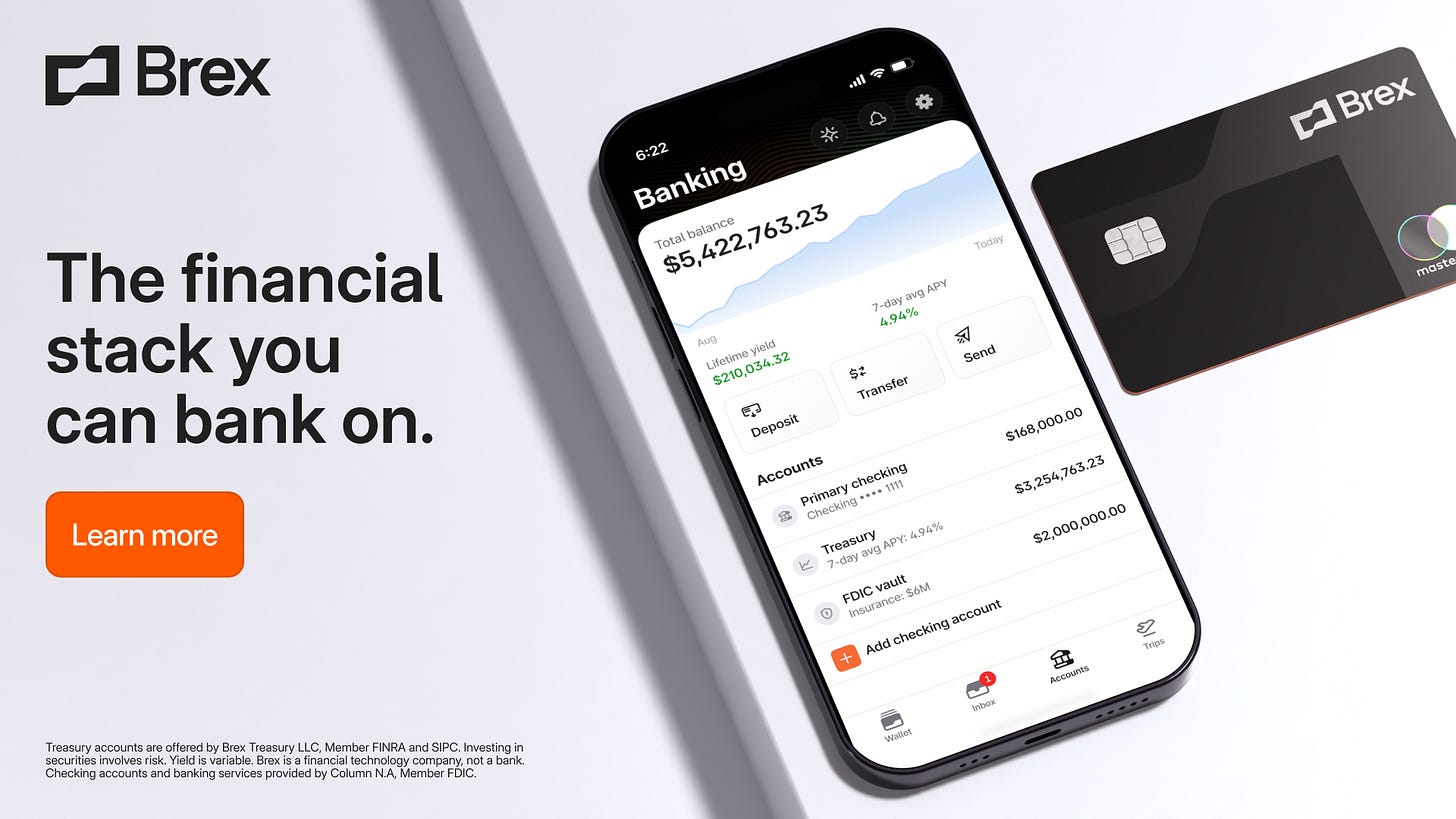This tech founder turned NBA owner just launched a $1 billion fund to connect startups to sports
Utah Jazz owner and Qualtrics cofounder Ryan Smith is teaming up with Accel pal Ryan Sweeney to launch HXCO, a new firm opening up the sports and entertainment worlds to startups.

In Utah’s growing tech ecosystem, Ryan Smith is a legend. The entrepreneur built and led startup Qualtrics, originally an online survey tool operated out of his family’s basement, to an $8 billion acquisition and an IPO (and take-private). With his time, influence and dollars, he led the effort to grow the state’s fledgling startup community into ‘Silicon Slopes,’ a hub that could win back talent from the Bay Area.
But more recently, Smith has become better known for his foray into sports. The billionaire, still in his 40s, is building a revamped stadium and downtown district in Salt Lake City for his new NHL team, the Utah Hockey Club, and his NBA team, the Utah Jazz, which could be in the running to snag college basketball’s top player in the upcoming draft.
So it’s fitting that for his next act, Smith is launching a venture with the goal of bridging those two worlds. Alongside investor Ryan Sweeney, who led VC firm Accel’s investments in Qualtrics, Smith has founded Halo Experience Co, a new investment firm looking to back high-growth tech companies with opportunities in sports and entertainment. HXCO has closed most of its fund, which is hard-capped at $1 billion, the two Ryans tell Upstarts.
For Smith, HXCO’s mission is simple: unlock for startups the growth potential of doing business with teams like the Jazz, which increasingly operate complex businesses that touch upon everything from cybersecurity to payments, social media to local government. “I’ve never seen any other industry like it,” says Smith. Live sports is entertainment, he argues – “each night we’re putting on a show, and hopefully a good one” – and represents a $1 trillion market that many startups aren’t beginning to scratch.
Programming notice: Upstarts Media held its first event last night. Along with Union Square Ventures, we hosted the Stanford Institute for Human-Centered AI to talk about their new 2025 AI Index Report with New York-based AI founders and Upstarts community members. Paid subscribers will receive insights about the report and the startup reaction in our premium edition on Thursday, as well as info on future Upstarts meetups like this one.
Presented by our Launch Partner, Brex.
Founders were born to build, not to juggle spreadsheets and bank accounts. That’s why 1 in 3 US startups trust Brex to eliminate finance busywork and help them grow faster. Built by founders for founders, Brex’s financial stack maximizes your two most valuable resources: your time and money. Get up to 20x higher card limits, built-in expense management, and high-yield banking with 100% liquidity — everything you need to increase your runway and stay in founder mode. And because Brex scales from idea to IPO, you’ll spend smarter and move faster at every stage. Get started at brex.com.
“Sports has become not only a vertical, but a hub. If you look out over the next 5 or 10 years, you’re not going to see that stop,” Smith tells Upstarts in an interview on Monday.
For proof, he points to Big Tech leaders like Amazon, Google, Microsoft and Netflix that have inked deals to provide tech tools and sponsorship to sports leagues, and pay for streaming rights to their games.
Sweeney, who first backed Smith in 2012 and co-led every subsequent round for Accel – netting the firm about $1 billion when it was acquired, by some basic math – notes that the increasingly sophisticated ways that sports and entertainment brands reach their fans and customers make the resulting “experience economy” a rare growth market for new entrants, including startups.
“It’s a massive opportunity, and Ryan and I have a front-row seat,” Sweeney says.
To help high-growth businesses connect to that hub, HXCO’s two partners plan to take a “hub-and-spoke” strategy to portfolio construction. One spoke could consist of several investments in AI tools that could provide valuable software to the operations of NBA teams like the Jazz; another might comprise direct investments in newer sports brands that complement them. Not all will necessarily be startups; not all will fit classical definitions for “tech” companies.
With $1 billion total to deploy, HXCO will likely make 20 to 25 investments from its first fund, according to Sweeney. For founders looking to work with HXCO, the Ryans say they’re looking for startups that already have a product or meaningful business and need help scaling up or tackling a new product category; “skipping years on the journey,” as Sweeney says Smith likes to say.
“It’s hard to provide that halo effect for companies that are still just an idea,” says Smith. “But if [Slack CEO] Stewart Butterfield shows up with a new company, of course we’re going to look at it.”
HXCO is actively hiring an investment team and will be based about 15 miles south of Salt Lake City in Sandy, Utah, where yesterday Smith showed off a new practice facility and headquarters for his NHL team. But while HXCO startups will have access to Smith’s sports empire, Halo Experience Co is a standalone company, not officially tied to his sports business, Smith Entertainment Group (SEG).
Similarly, while Sweeney will remain a partner at Accel and manage his startup investments for the firm, HXCO will be his primary focus and where he works on new deals, he said. The two firms may collaborate on overlapping opportunities, Sweeney added, but Accel, one of Silicon Valley’s more storied VC firms with bets like Facebook and Spotify, does not have any formal right of first refusal to co-invest in Halo Experience Co deals.
If that sounds confusing, it’s because the personal ties run deep between Smith and Sweeney’s Accel crew, who have enjoyed years of success backing each other’s various business ventures. Smith invested personally in Accel’s more recent growth funds managed by Sweeney; Sweeney and two of his Accel partners, meanwhile, invested in the Jazz through SEG, as did another billionaire pal backed by Sweeney and Accel, Atlassian cofounder Mike Cannon-Brookes.
HXCO and Accel’s cozy relationship is cemented by Accel’s partners having personally invested in the new firm, in what Sweeney dubbed a “spin-in” versus a traditional spin-out. (HXCO declined to comment on any other potential LPs, including Cannon-Brookes.)
That was the ticket to get Smith involved as an investor, too. A personal angel investor in a number of startups, Smith turned down a number of VC firms that recruited him to invest formally as a partner over the years, he said. As a founder, he was only tempted by launching his own, new firm; and even then, he said he wouldn’t have done it without his Accel buddy, Sweeney, joining in. “My wife is my number one business partner, and then I call Sweeney on everything,” Smith says.
Given their track records with Qualtrics for Smith, and with that company as well as Atlassian, Braintree and Venmo as an investor for Sweeney, the two Ryans argue their strategic advice on company-building can prove valuable in a moment of turbulent capital markets. Smith emailed founders in his angel portfolio on Friday with advice on how to “hunker down” to get through a turbulent period ahead, he said.
Sweeney hopes that he and Smith, having gone through the process repeatedly at Qualtrics, can help to de-stigmify discussions about when it’s okay for founders to cash in their chips. “I don’t think there’s enough conversation with entrepreneurs, or even at funds, right now that’s focused on ‘how do we get out of this?’” Sweeney says.
While startups wait for that answer, we at Upstarts may change the channel for just a minute, to check in on the game.





